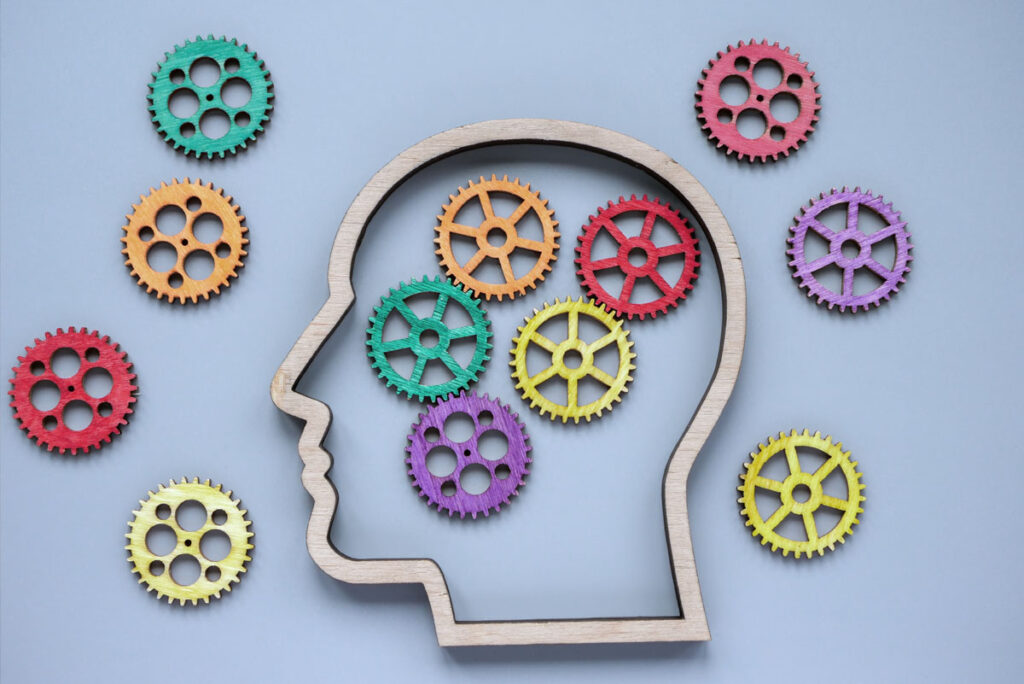Understanding the Term “Neurodivergents”
The word neurodivergent may not come from a medical dictionary, but it carries deep meaning for millions of people. At its core, neurodivergence refers to a brain that functions differently than what society typically expects. This difference might show up in how someone learns, communicates, socializes, or even processes their environment. It can include conditions like autism, ADHD, dyslexia, and more—but not everyone who identifies as neurodivergent has a formal diagnosis.
The idea behind the term is to shift away from labeling people as “normal” or “abnormal.” Instead, it encourages us to see brain differences as part of the natural diversity of human experience—similar to how we understand differences in culture, gender, or personality.
How Neurodivergence Shows Up in Real Life
Neurodivergence doesn’t always look the same from person to person. One child with autism might excel at visual arts and struggle with social interactions. Another adult with ADHD might be bursting with creative ideas but find it difficult to sit through long meetings or stay organized. These aren’t flaws—they’re variations.
Many people who are neurodivergent face barriers not because of how their brains work, but because of how our systems are built. Job interviews that rely on quick social responses, classrooms that demand stillness and silence, or offices with bright lights and constant chatter—these can all be overwhelming. But with simple accommodations, like quiet workspaces or flexible communication methods, people who are neurodivergent can thrive and often outperform their peers in areas of focus, memory, creativity, or problem-solving.
Is Neurodivergence a Disability?
This is a common and complex question. In some cases, being neurodivergent can qualify as a disability—especially if societal structures create significant obstacles to learning, working, or living independently. But for many, the issue isn’t the neurodivergence itself—it’s the lack of understanding, flexibility, and support in their environments.
For example, someone who has difficulty processing verbal instructions might be seen as “slow” or “unfocused” in a traditional job setting. Yet, when provided with written instructions or visual aids, that same person may complete tasks with extreme precision. This is the key idea behind neurodiversity: the brain’s differences can be leveraged as strengths when given the right tools and context.
How to Know If You or Someone You Love Is Neurodivergent
Some people know from a young age that their brain works differently. Others may not discover it until adulthood—often after years of struggling to “fit in” or feeling misunderstood. If you’ve ever found that traditional systems don’t work for you the way they seem to for others, or if your child seems to learn, feel, or interact in ways that stand out, it may be worth exploring neurodivergence.
Diagnosis isn’t always straightforward. Some people seek out neuropsychological evaluations through doctors or specialists. Others self-identify after learning more about specific neurodivergent conditions and realizing how closely those experiences align with their own. It’s important to remember that self-awareness is powerful, and for many, naming their differences brings relief, validation, and direction.
Embracing a Neurodiverse Future
The movement for neurodiversity is growing—and not just in academic or clinical circles. Companies are adapting their hiring practices, educators are rethinking how classrooms operate, and communities are finding new ways to support neurodivergent individuals. This shift doesn’t just help those who are neurodivergent—it benefits everyone.
When we create flexible systems, value diverse communication styles, and celebrate different ways of thinking, we unlock more creativity, empathy, and innovation. Being neurodivergent isn’t something to be fixed—it’s something to be understood. And as we continue learning and listening, we move closer to a world that makes space for every kind of mind.



